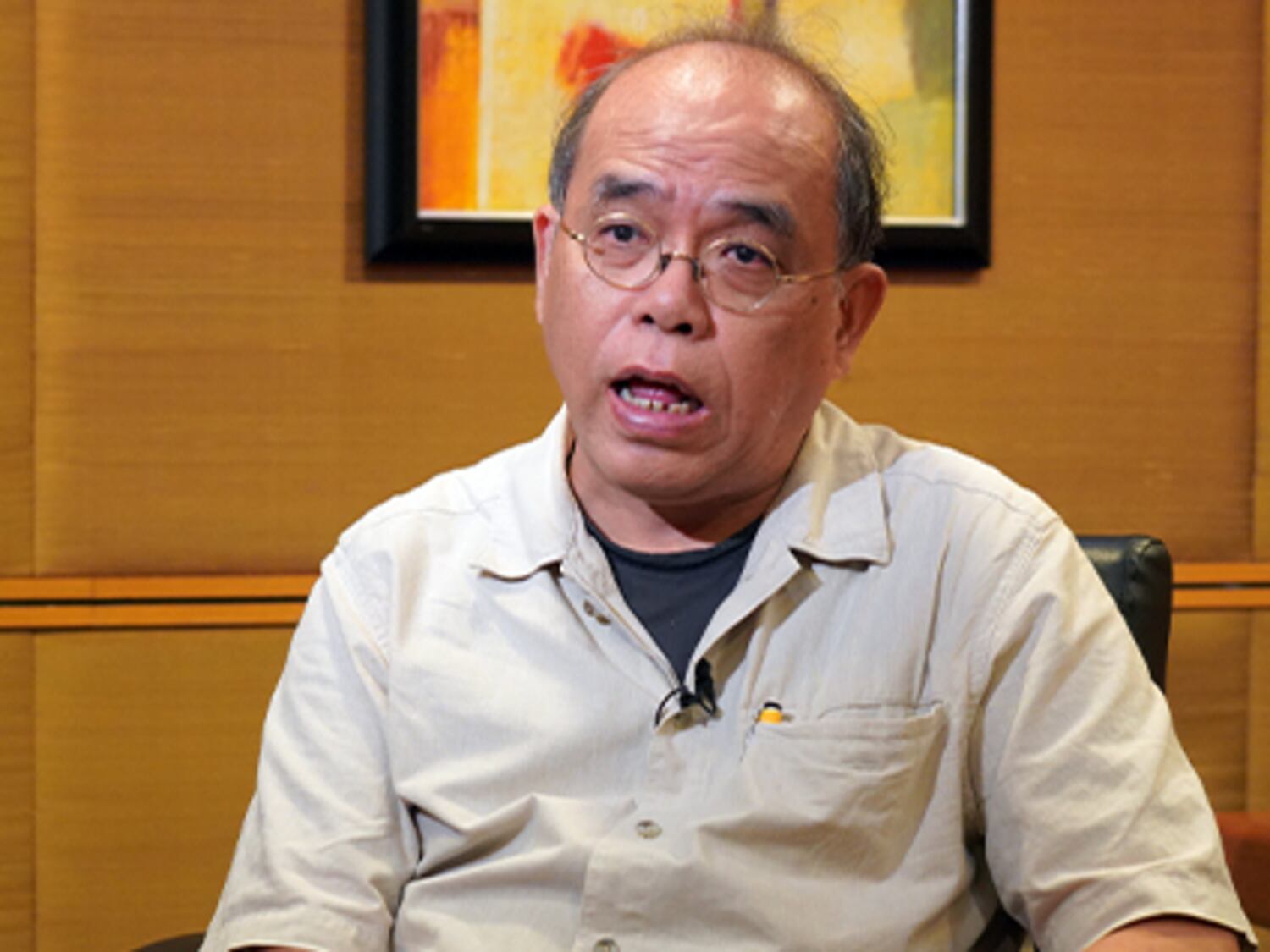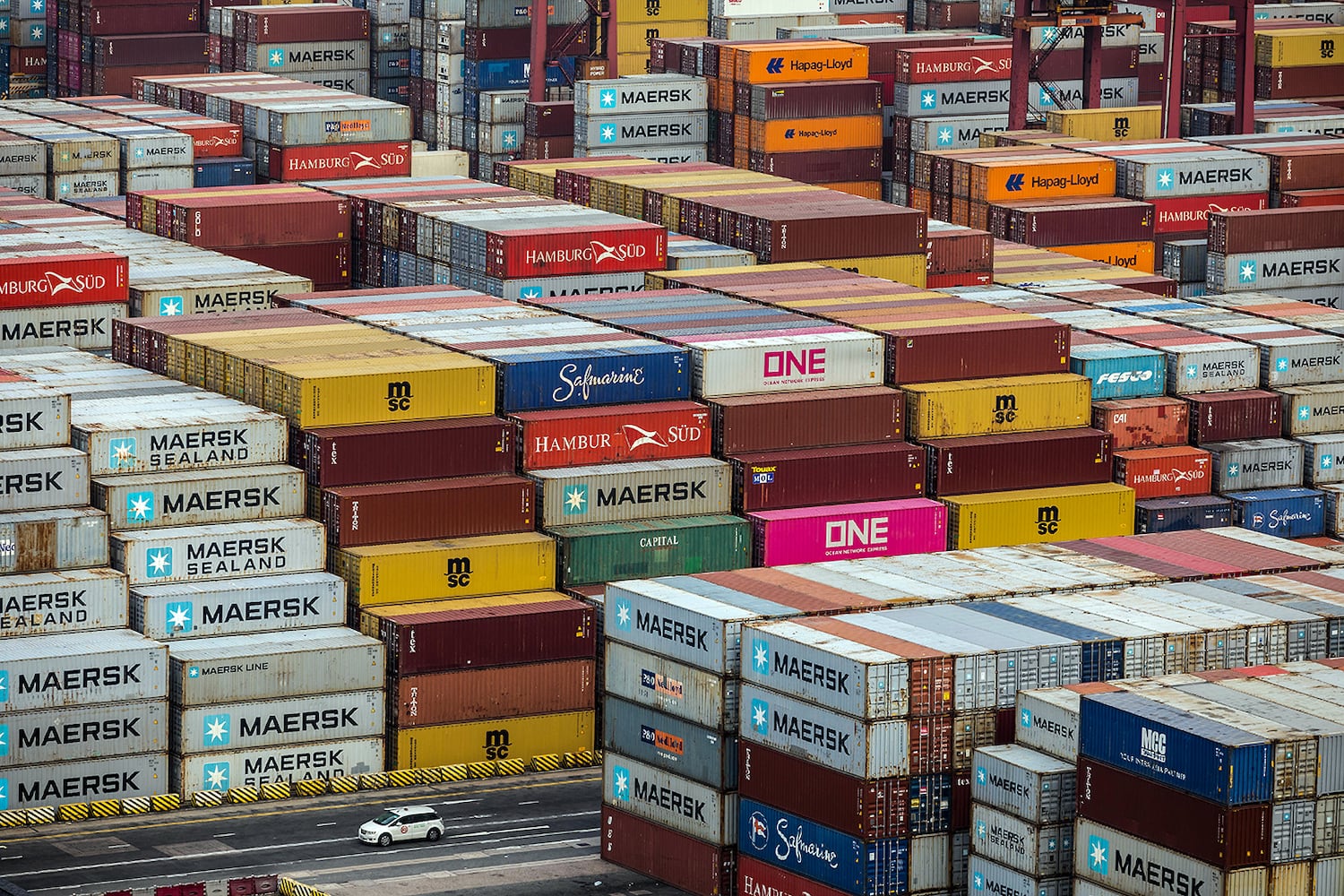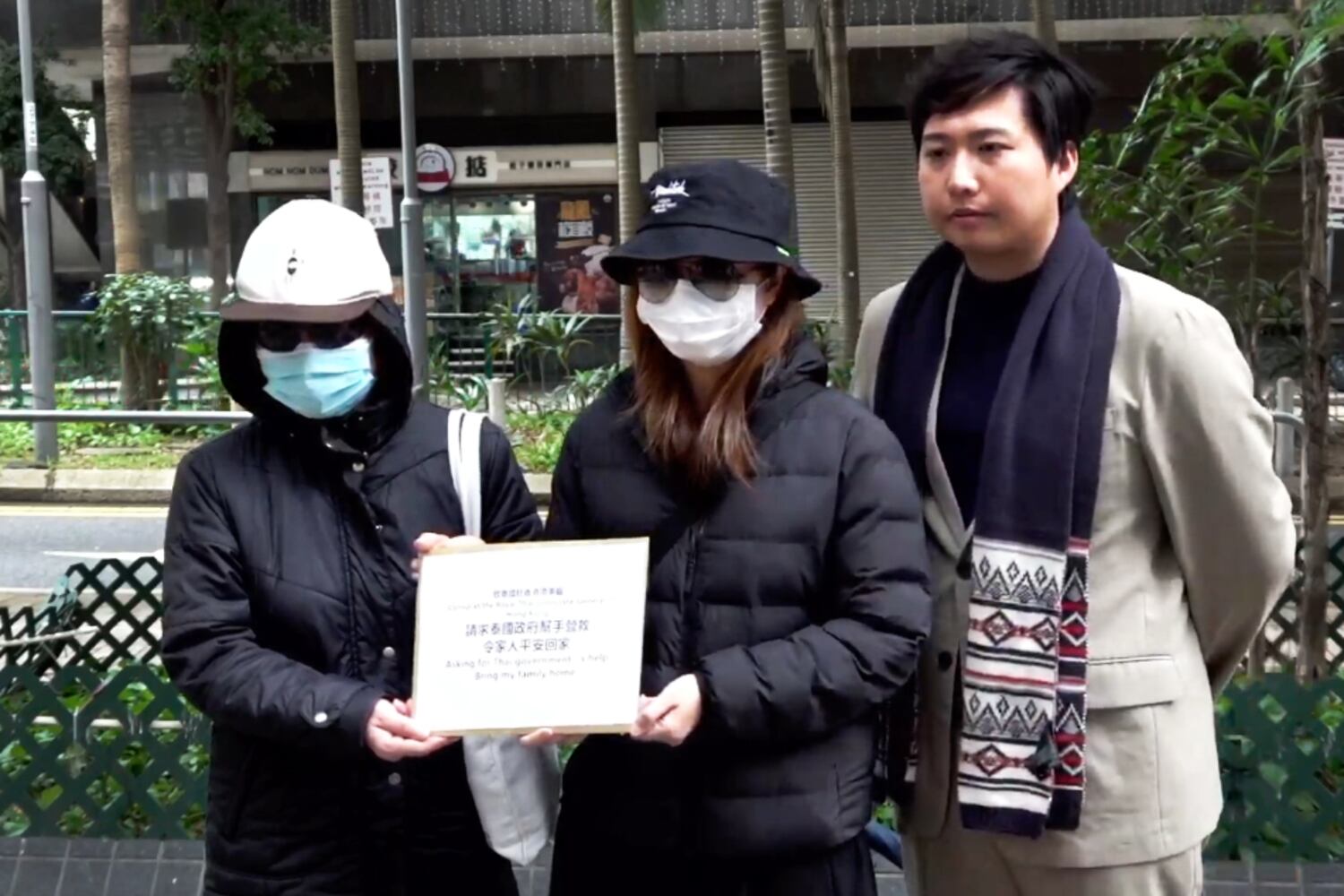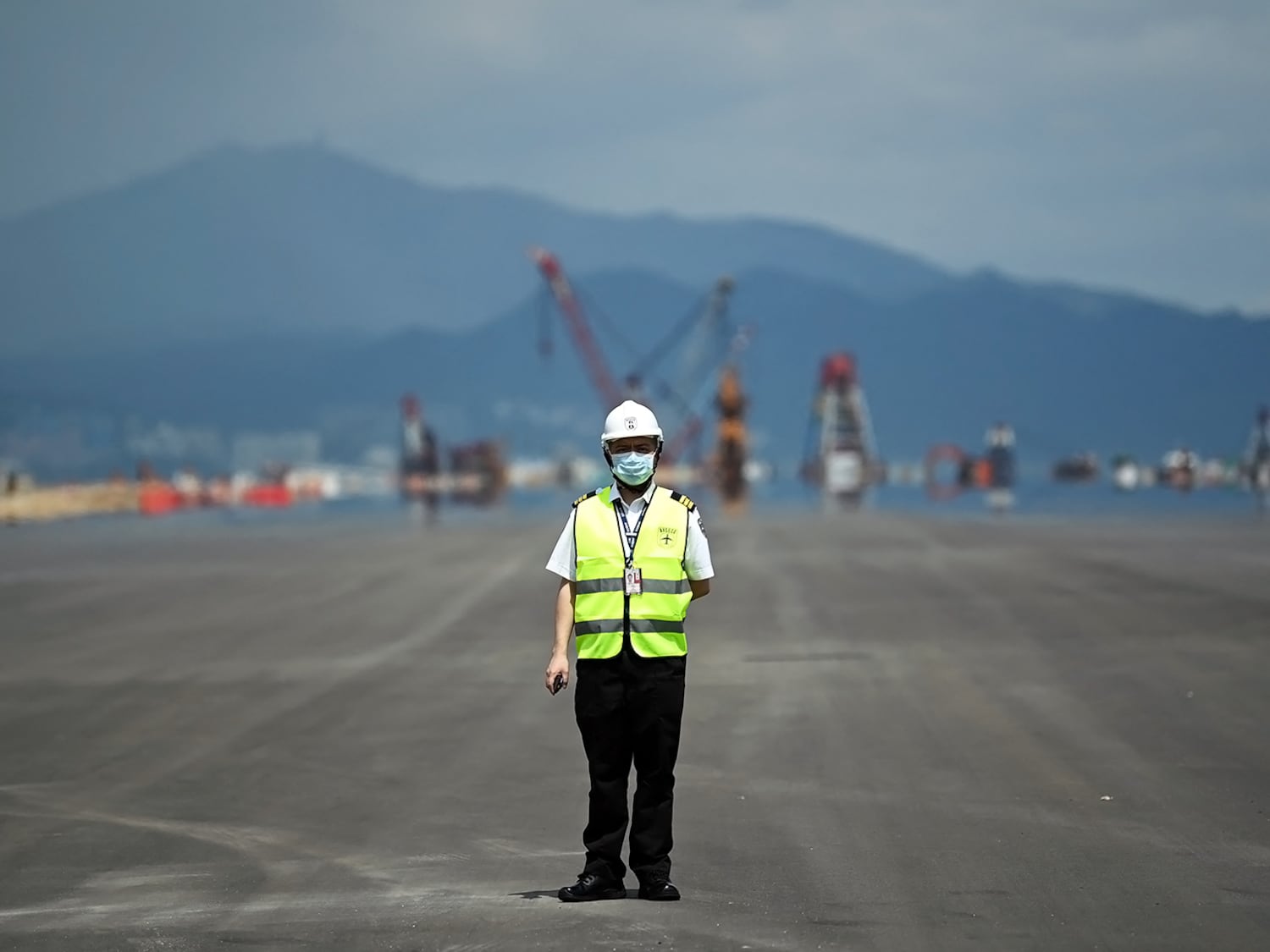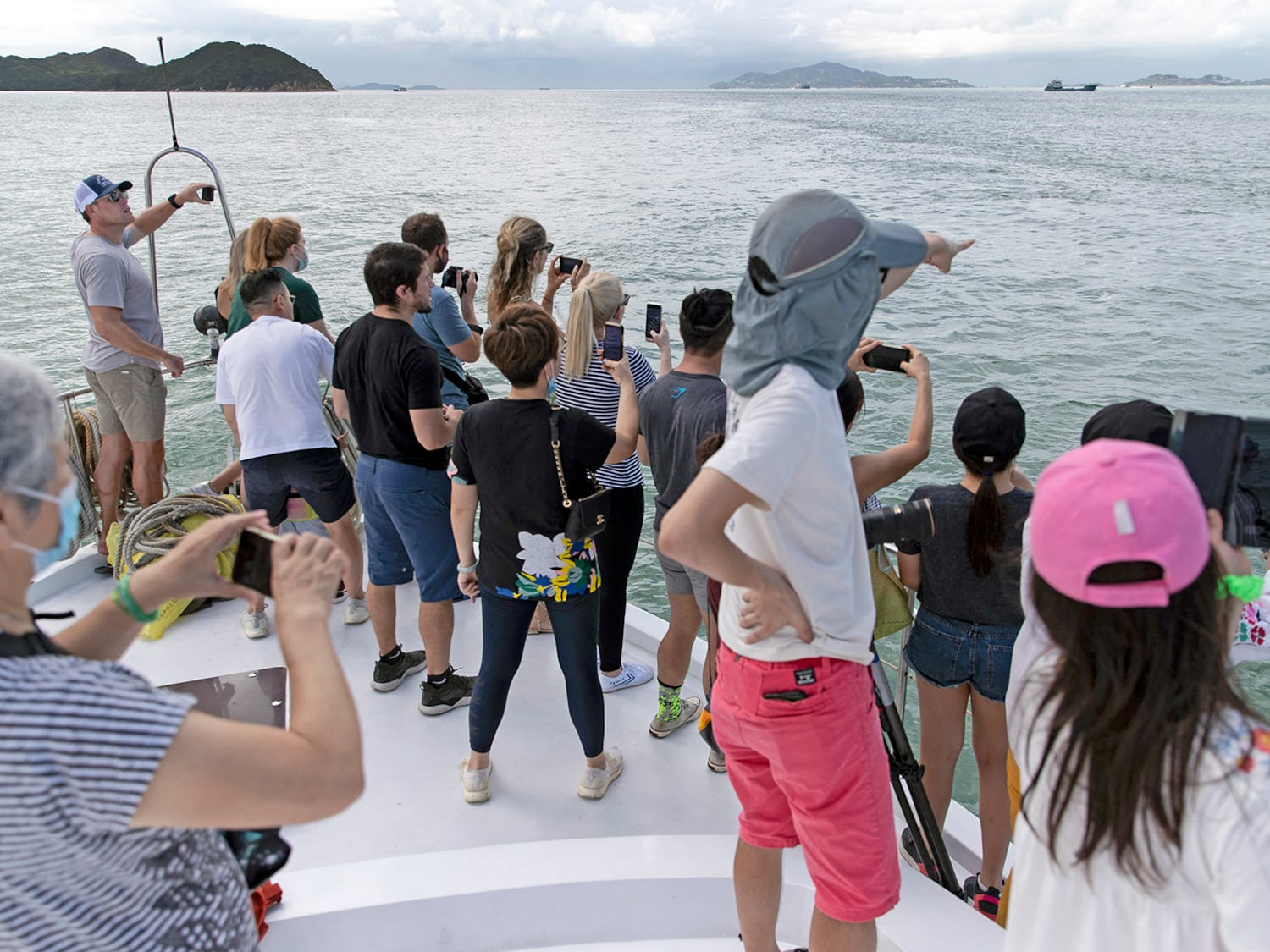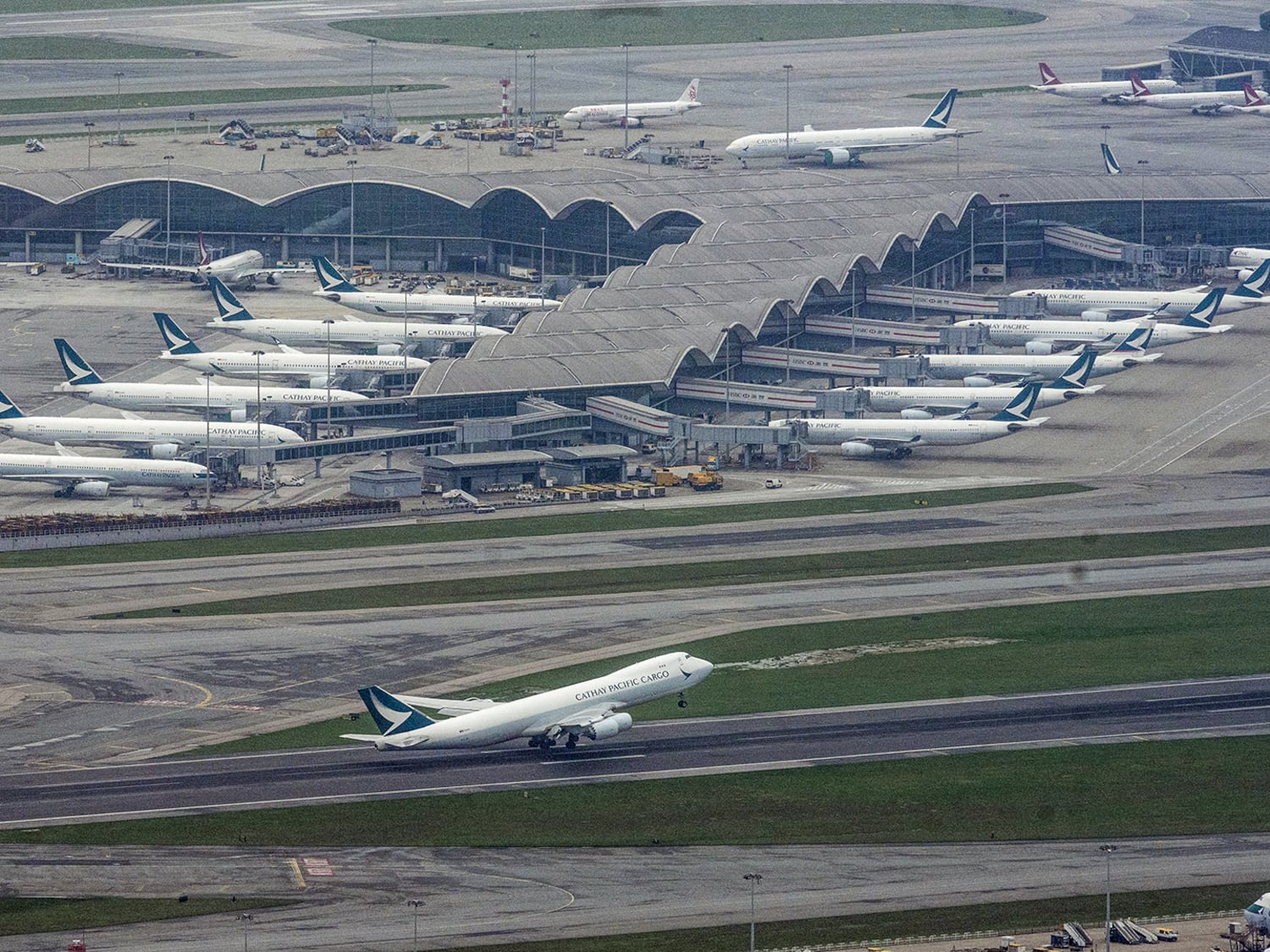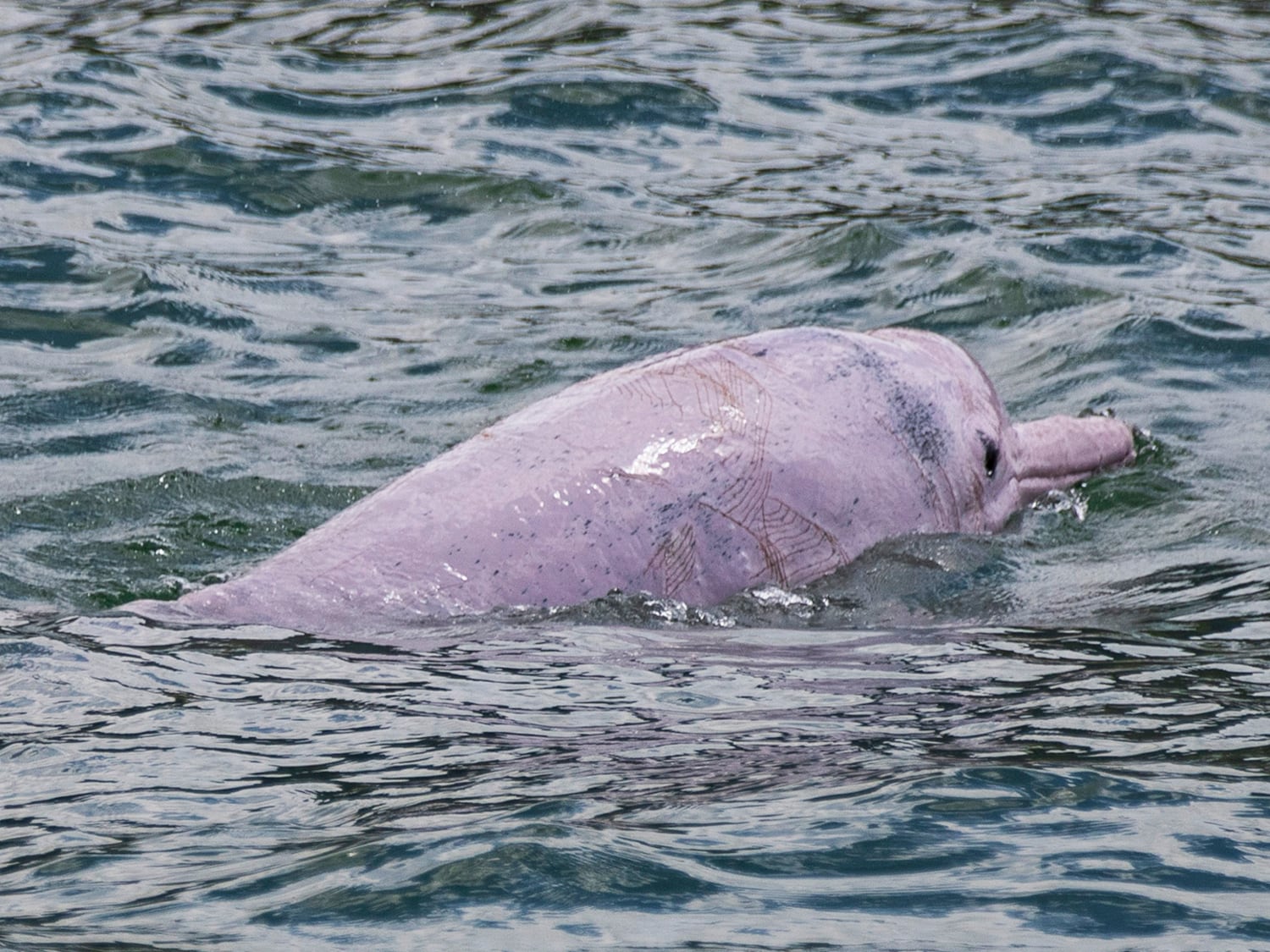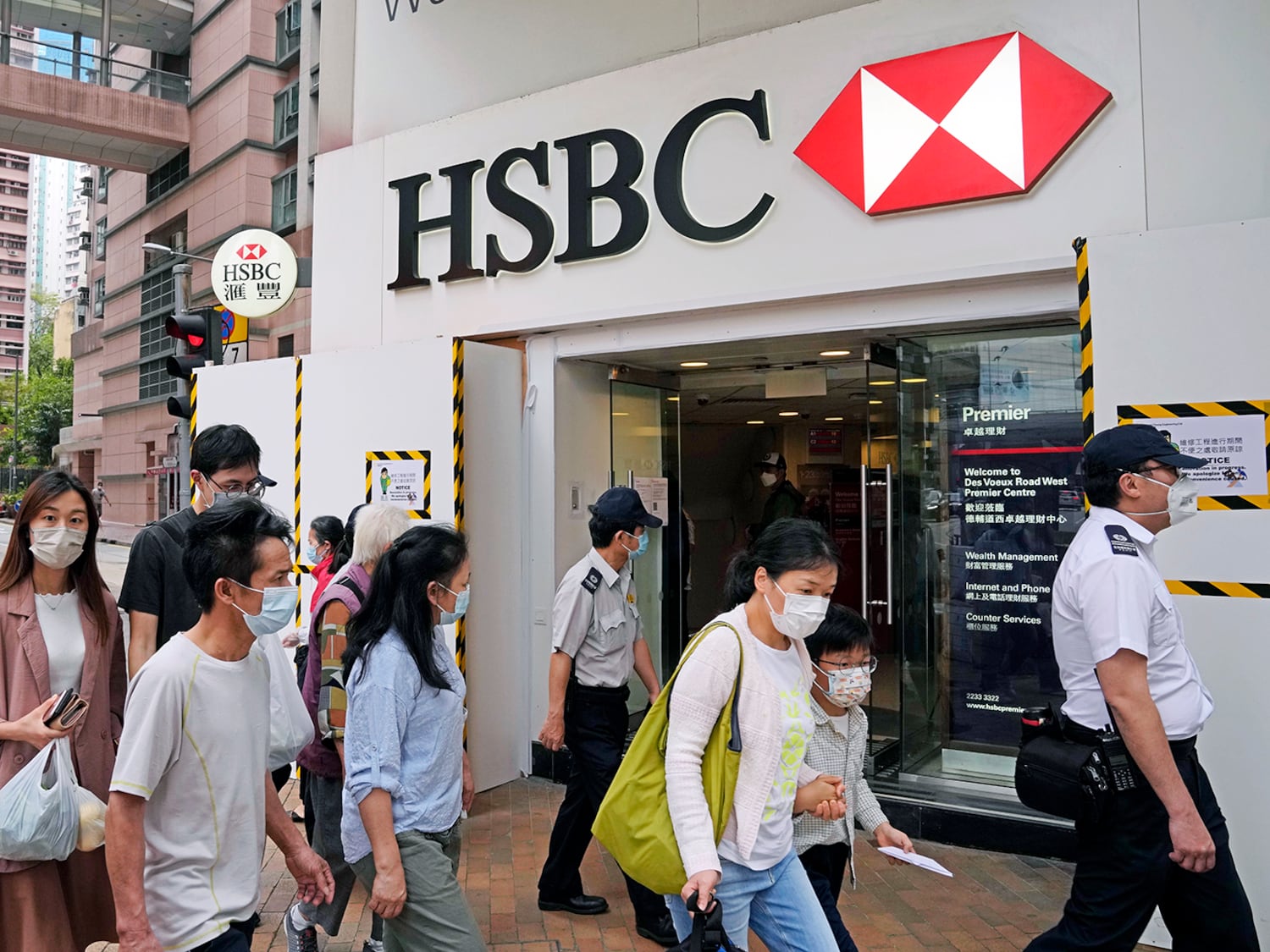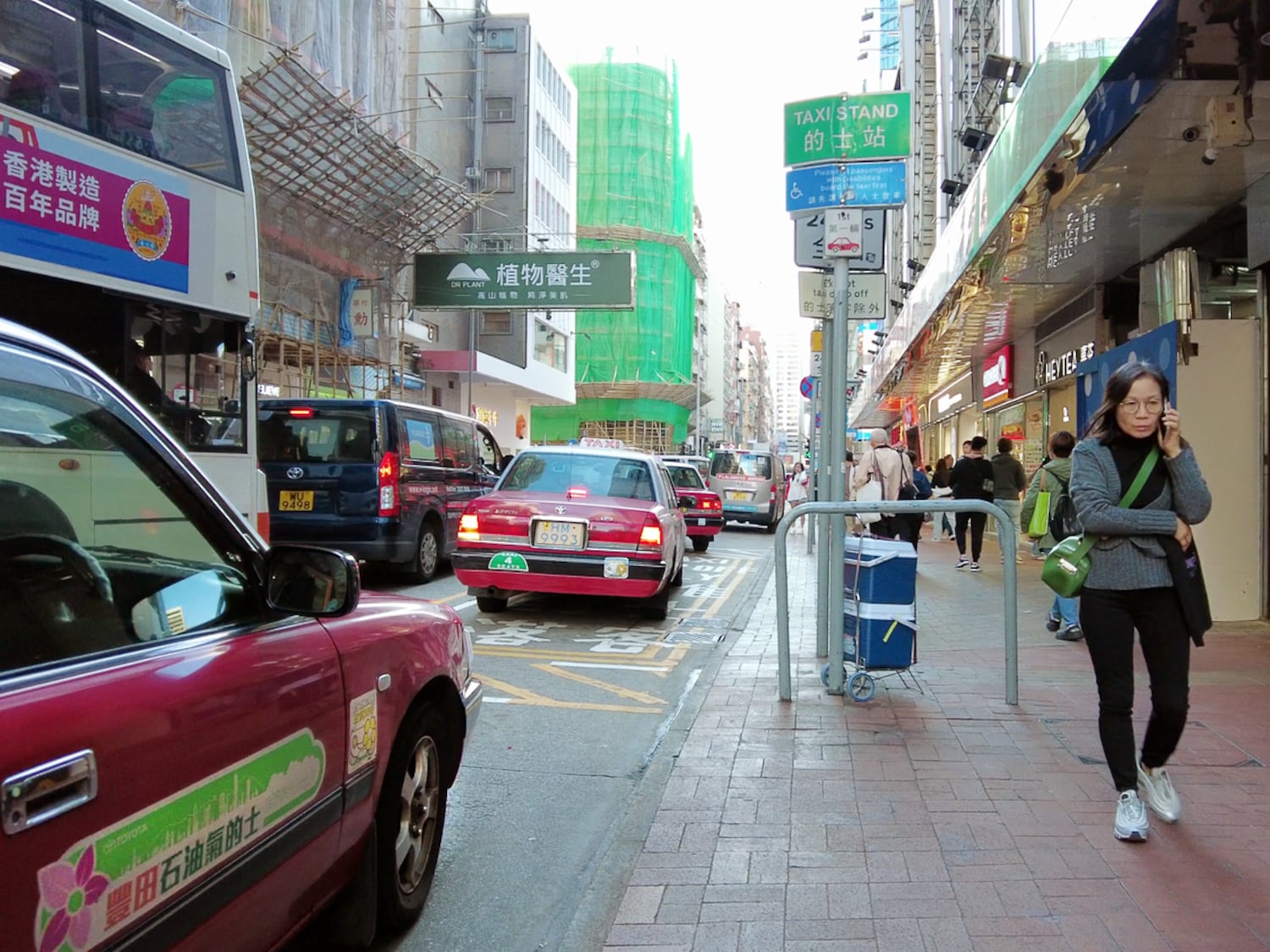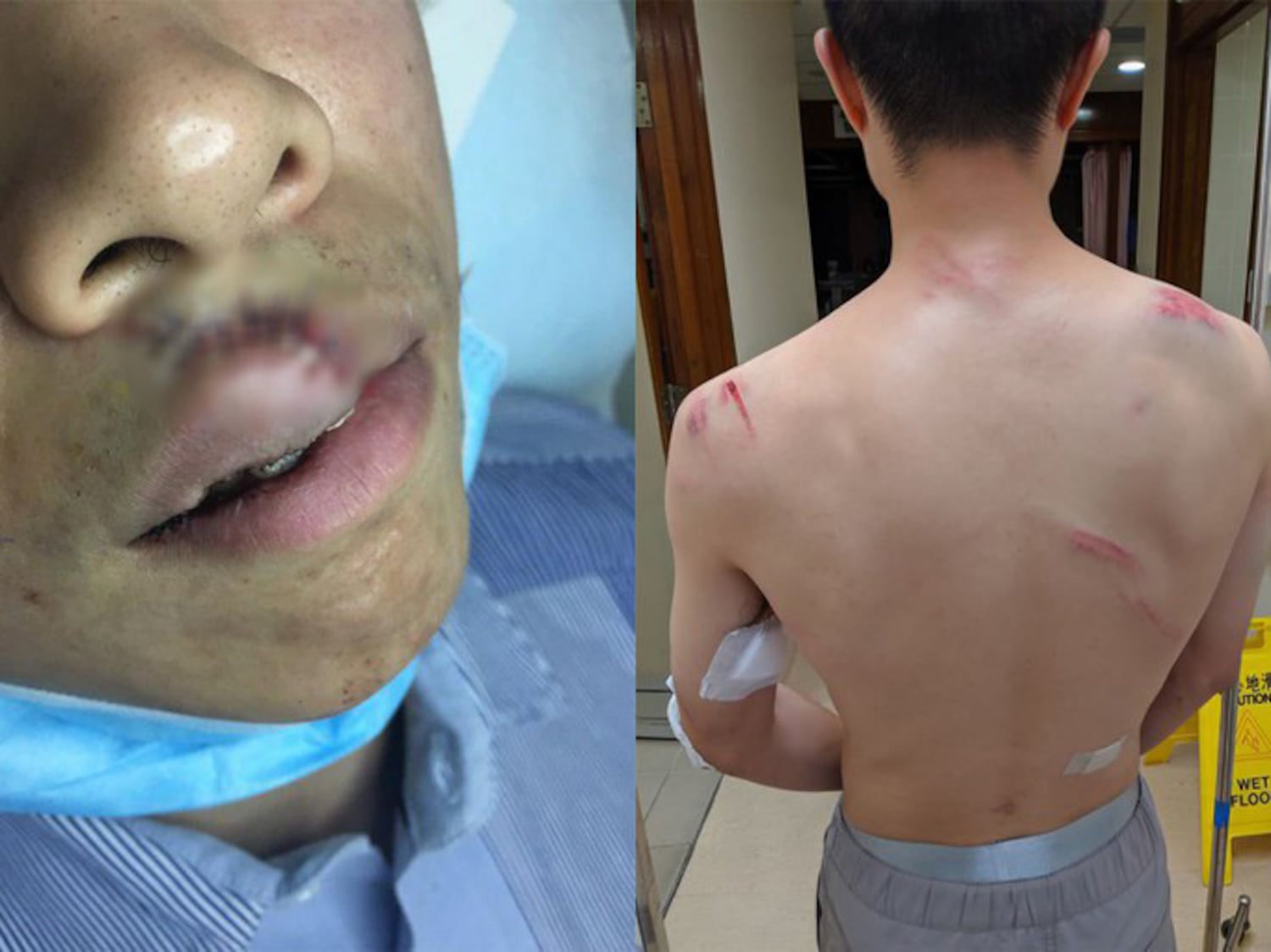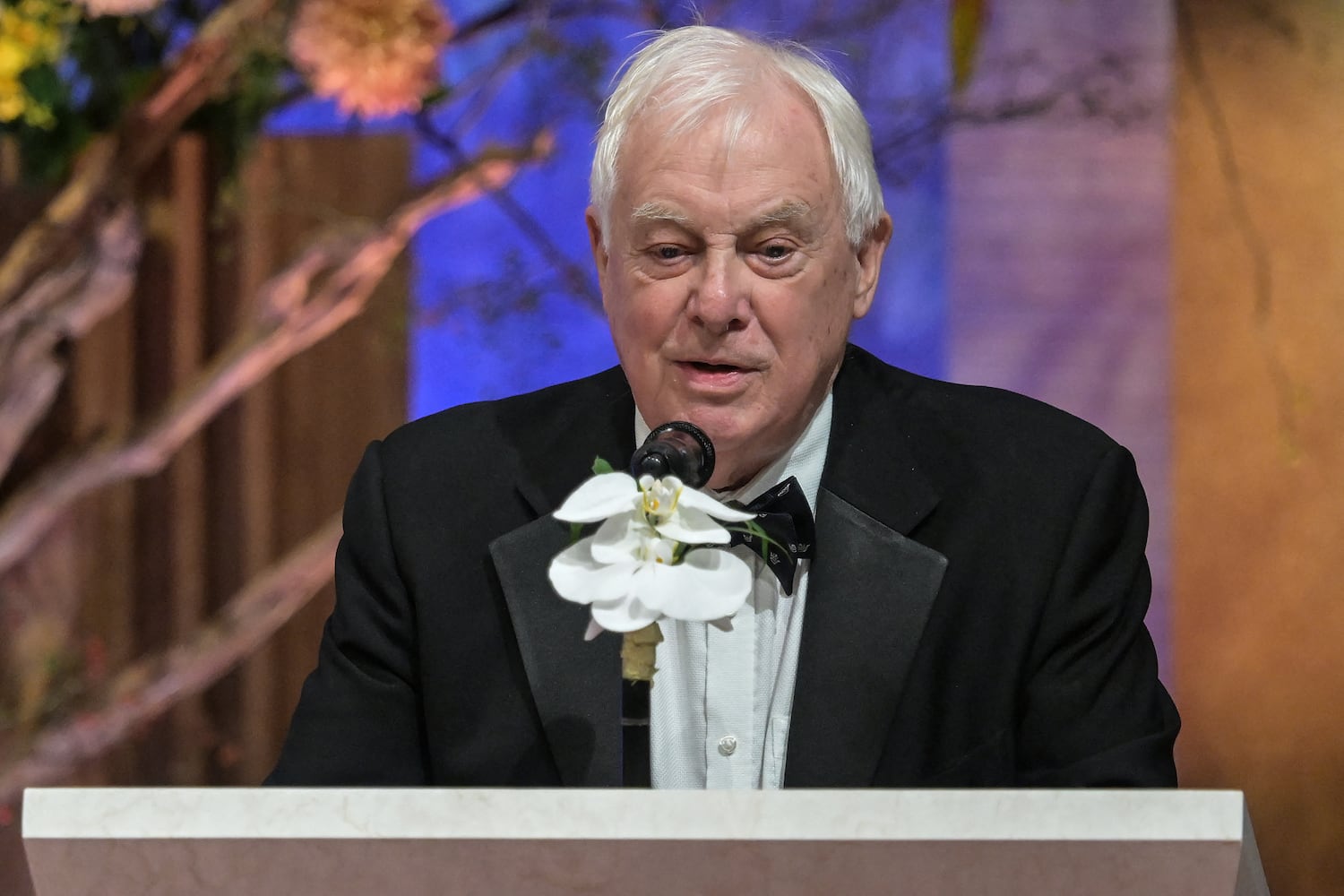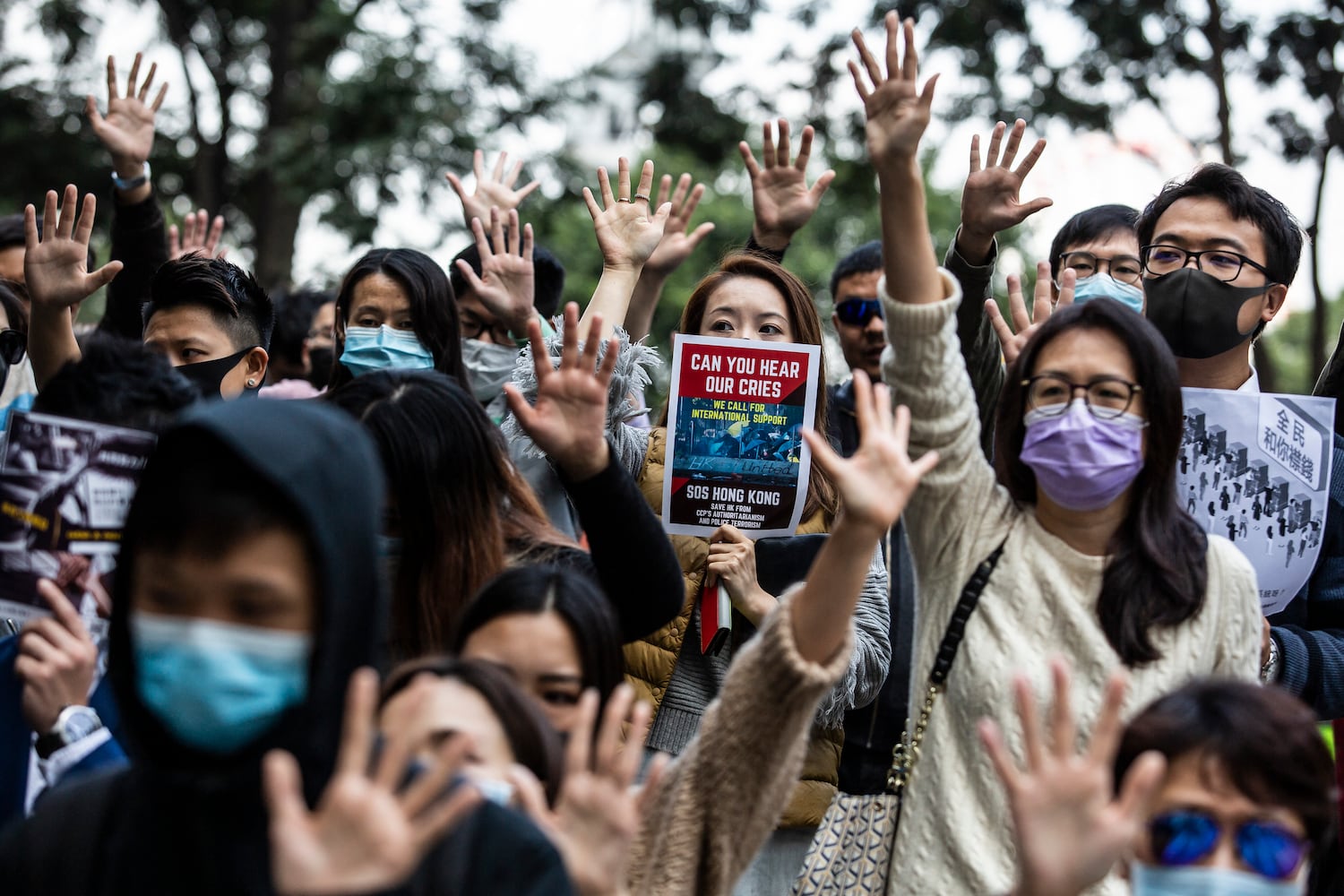A court in Hong Kong has seized the assets of exiled former pro-democracy lawmaker Ted Hui, claiming they were “obtained from committing offenses endangering national security.”
Hui’s assets–funds totaling more than US$300,000–were frozen by court order on Feb. 17 after an application by the city’s Department of Justice, the government said in a statement on Tuesday.
Hui had transferred this amount to his wife and mother prior to leaving the country in 2020, while he was out on bail.
The move comes amid an ongoing crackdown by Beijing on public dissent in Hong Kong under two security laws.
The statement said Hui had committed “numerous heinous crimes,” including “conspiring with foreign politicians in 2020 to forge documents and deceive the court with false information in order to obtain the court’s permission to leave Hong Kong while he was on bail,” and added that he had “jumped bail and absconded overseas.”
But Hui is also accused of committing offenses “endangering national security” overseas, the statement said, adding that he stands accused of “inciting secession” and “inciting subversion of state power,” as well as “colluding with foreign or external forces to endanger national security.”
Hui said the confiscation order was “absurd and a blatant violation of my human rights,” and a form of political retaliation amid the crackdown.
According to the government, Hui had transferred nearly $2.5 million Hong Kong dollars (US$321,500) in personal assets as gifts to his mother and wife before he skipped bail.
Under Hong Kong law, if a defendant benefits from committing an offense endangering national security and makes a gift at any time from six years before the date of prosecution onwards, the property held by the recipient of the gift may be regarded as the defendant’s property and confiscated, the spokesman said.
Laws against dissent
Since Beijing imposed the two national security laws banning public opposition and dissent in the city and blamed “hostile foreign forces” for the resulting protests, hundreds of thousands have voted with their feet amid plummeting human rights rankings, shrinking press freedom and widespread government propaganda in schools.
Some fled to the United Kingdom on the British National Overseas, or BNO, visa program. Others have made their homes anew in the United States, Canada, Australia and Germany.
Many are continuing their activism and lobbying activists, yet they struggle with exile in some way, worrying about loved ones back home while facing threats to their personal safety from supporters of Beijing overseas
Hong Kong’s leaders have vowed to pursue activists in exile for life.
RELATED STORIES
Hong Kong police question relatives of exiled lawmaker Ted Hui
Hong Kong issues arrest warrants, bounties for eight overseas activists
Hong Kong police question wife, son of wanted exiled pollster
Hui said in a post to his Facebook page that the money he had given to his mother and wife had been intended as living expenses in his absence.
“That works out at 10,000 Hong Kong dollars (US$1,286) a month over the six years since I left Hong Kong,” Hui said. “Some people might not even think that’s very much.”
“The people of Hong Kong can see all too clearly what is happening, and they’ll be sure to take their money overseas.”
He told RFA Mandarin in a later interview: “Luckily, my parents sold their home in Hong Kong a few years ago and transferred the proceeds elsewhere.”
‘No Money left in Hong Kong is safe.’
He said the authorities had already frozen his bank accounts in Hong Kong after he fled the city amid a crackdown on dissent and political opposition.
“What they confiscated on this occasion was our only asset left in Hong Kong,” he said. “This has shown us that our concerns were reasonable.”
“A regime that violates human rights will do anything, and no money left in Hong Kong is safe,” Hui said.
The government has also hit back at criticisms of the move.
“The Hong Kong Special Administrative Region Government has noted the unfounded smear and malicious attacks online regarding the actions taken by the Court in accordance with the law,” the statement said. “The HKSAR Government strongly condemned and opposed this.”
The authorities “will do everything possible and use all legal means to pursue and combat criminals who endanger national security,” he said.
Current affairs commentator Sang Pu said the authorities’ claim that Hui’s writings on Patreon had somehow paid for the money given to his wife and mother were ridiculous.
“Now this precedent has been set, as long as they can attach a ‘national security’ label to it, everyone’s assets and personal freedom are under threat,” Sang said.
Taiwan-based Hong Kong activist Fu Tong said the move on Hui’s assets is very worrying for Hong Kongers in exile.
“I’m worried because their methods are escalating,” Fu said. “Anyone who continues to speak out overseas will find they can go after people you care about back in Hong Kong, to silence you.”
But he said he would continue to protest and advocate for the return of Hong Kong’s former freedoms.
Translated by Luisetta Mudie. Edited by Eugene Whong.
This content originally appeared on Radio Free Asia and was authored by Alice Yam for RFA Cantonese, Chen Zifei for RFA Mandarin.
This post was originally published on Radio Free.
